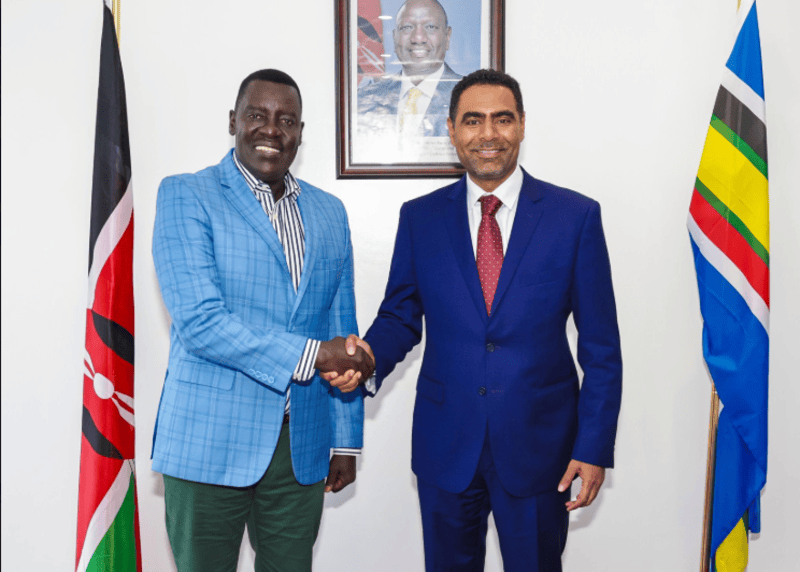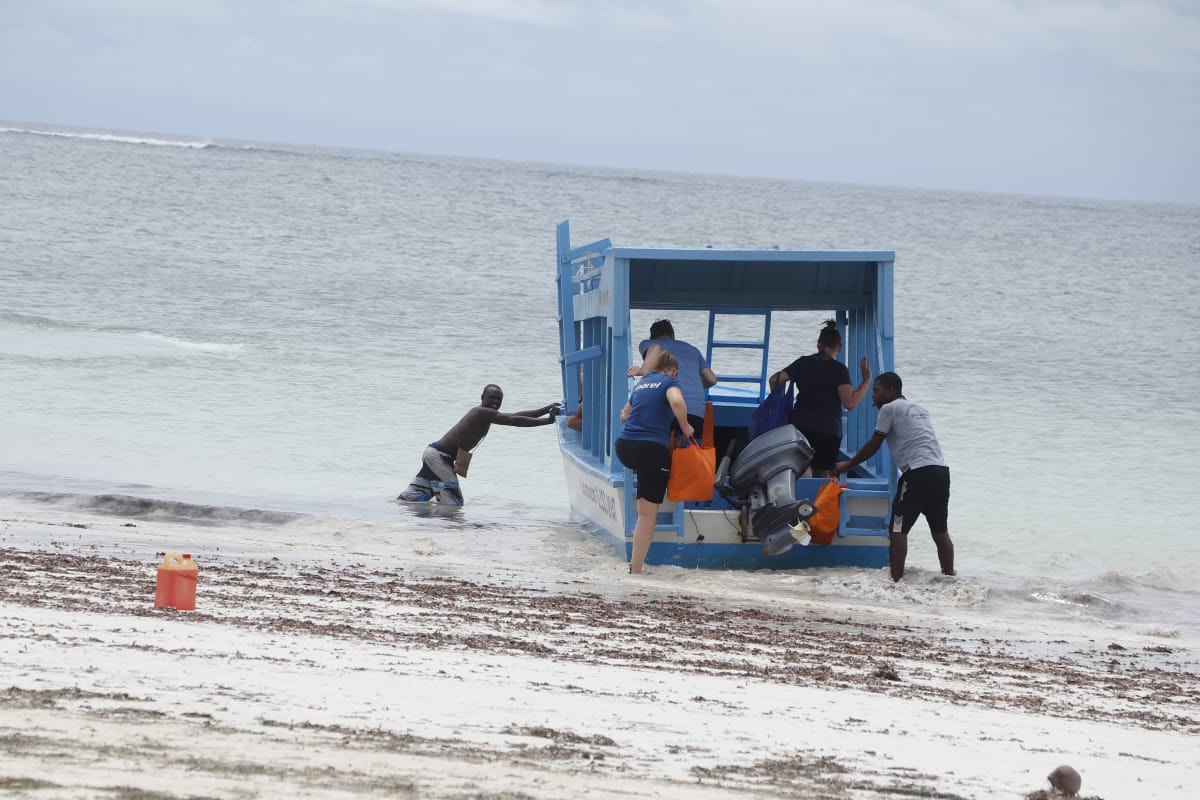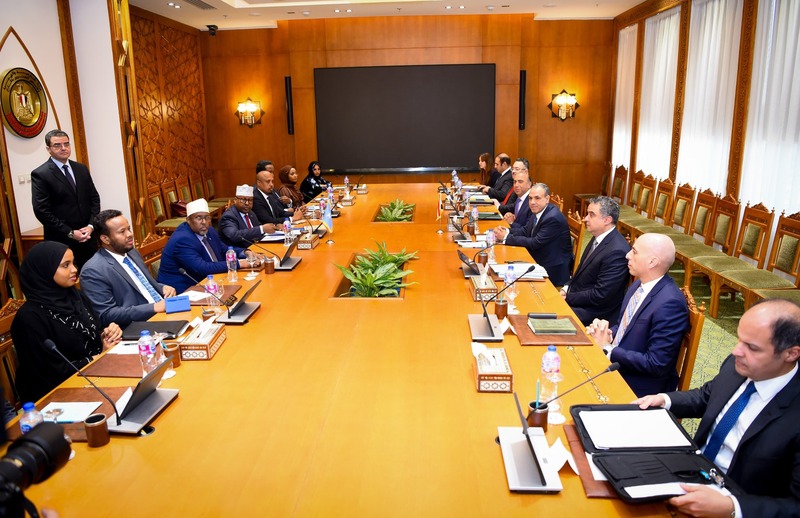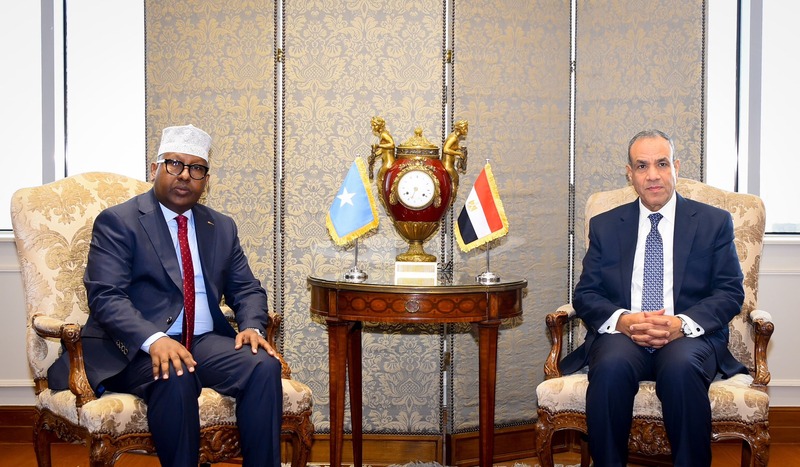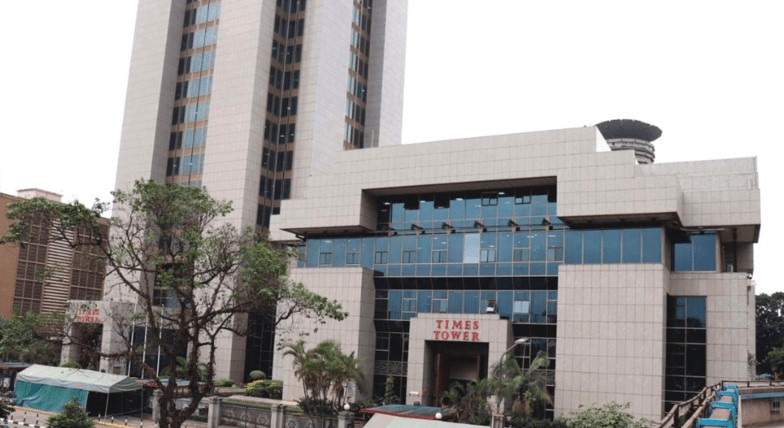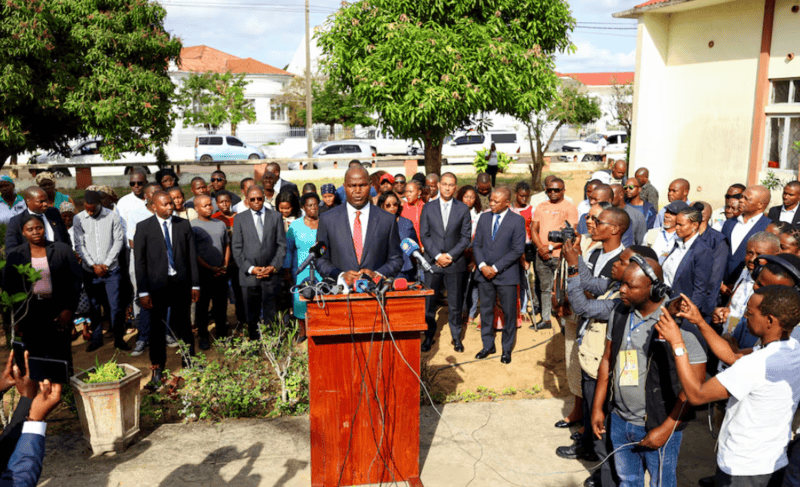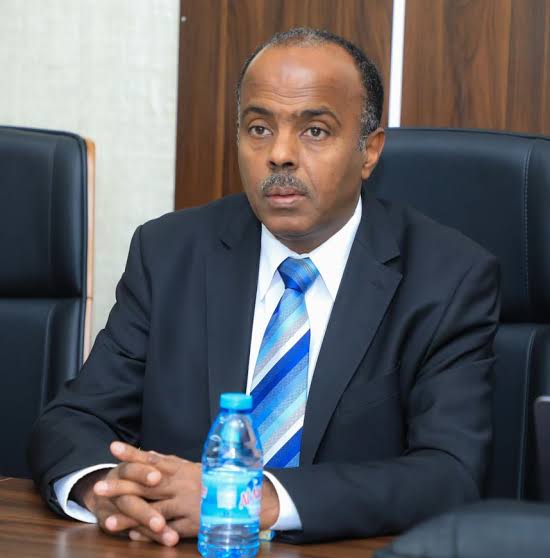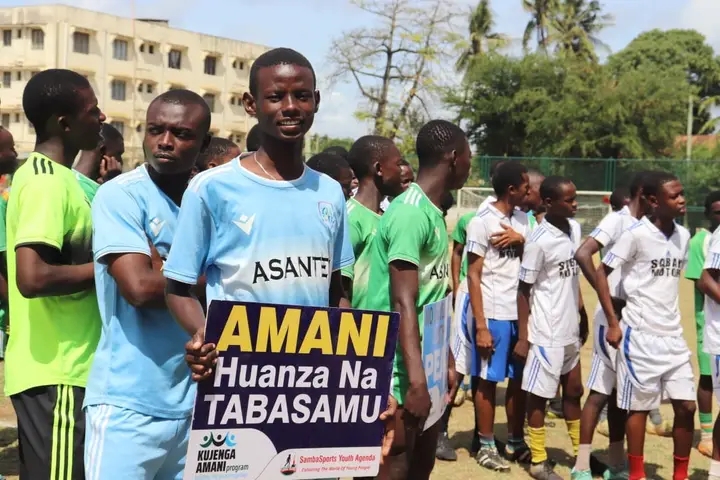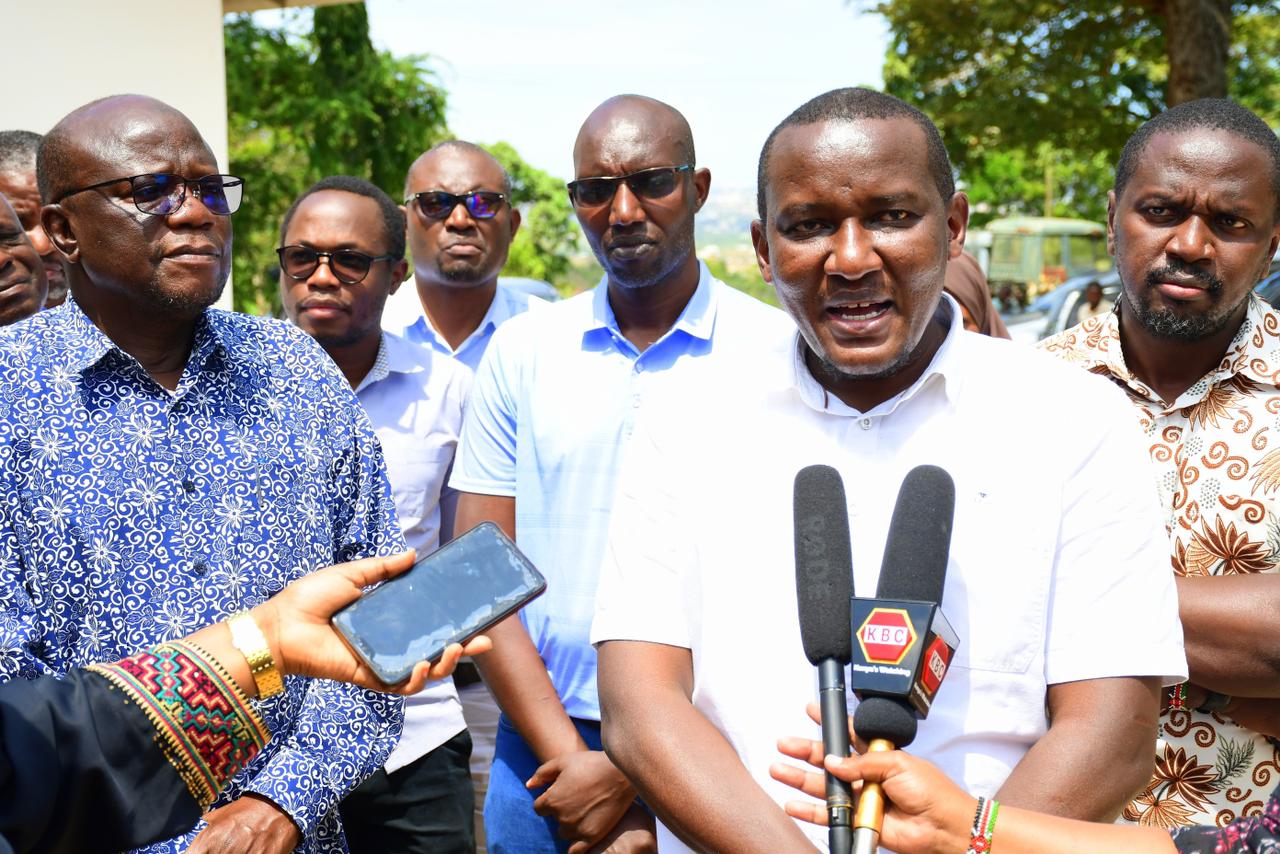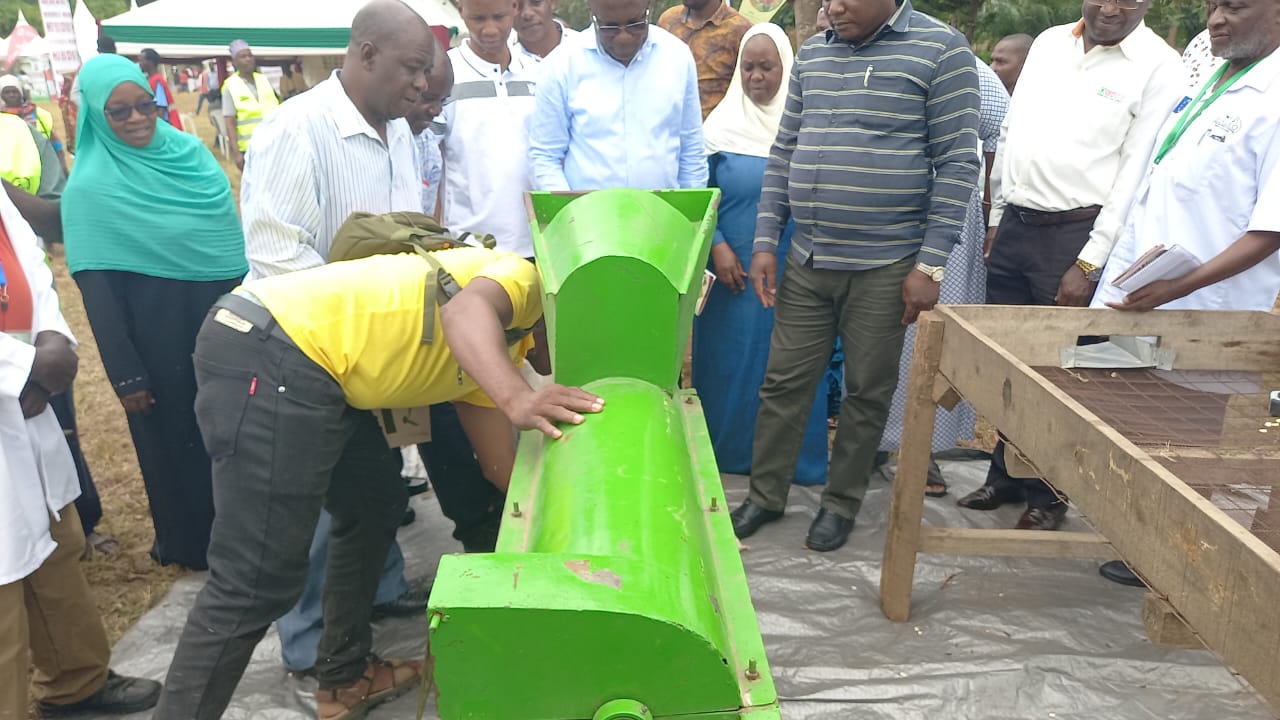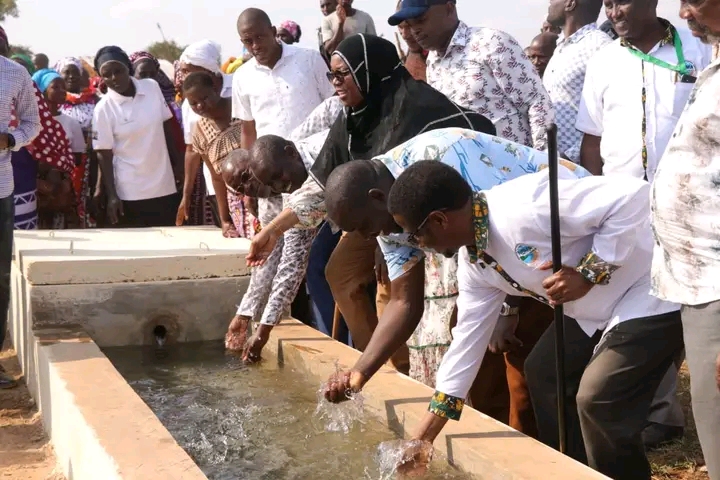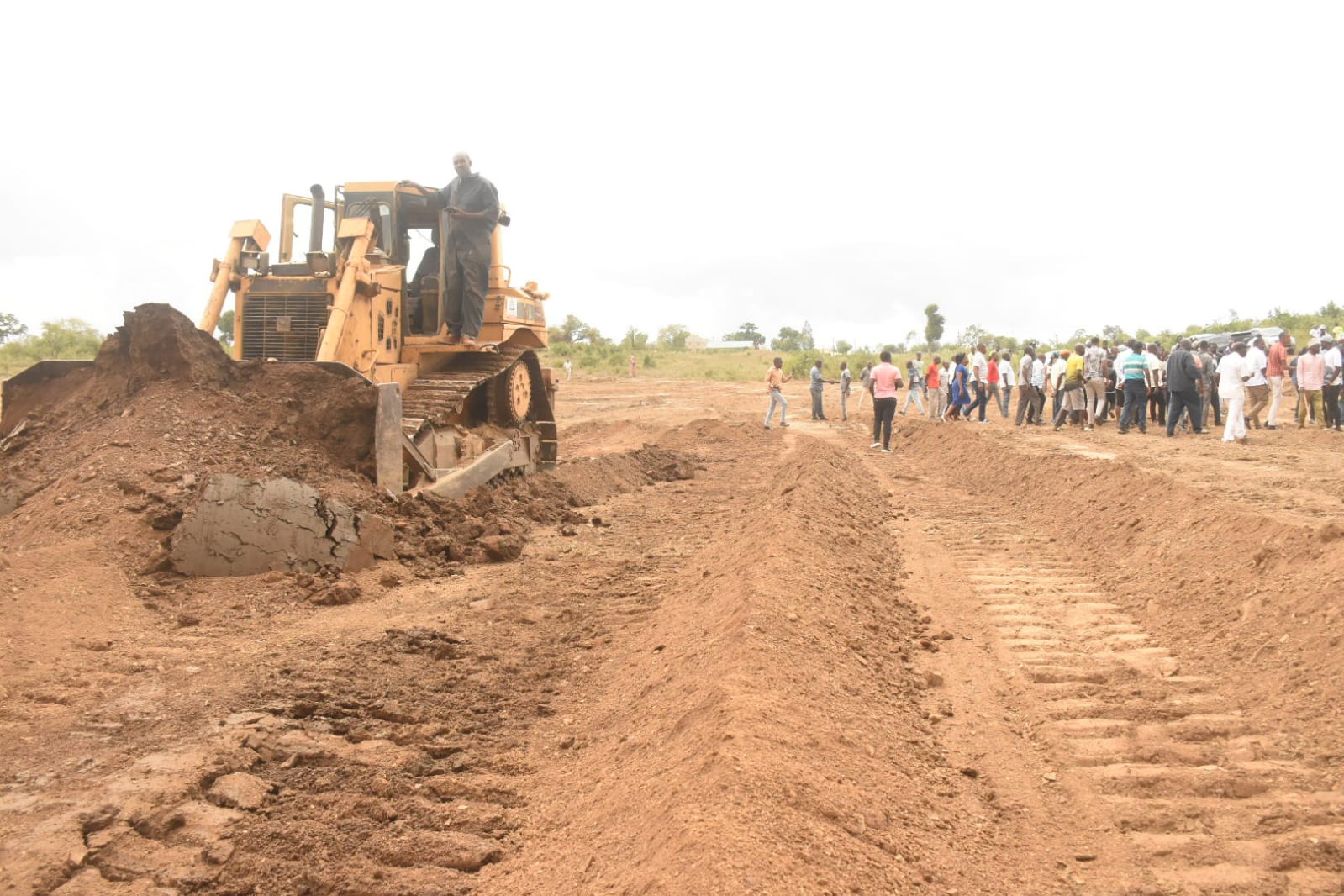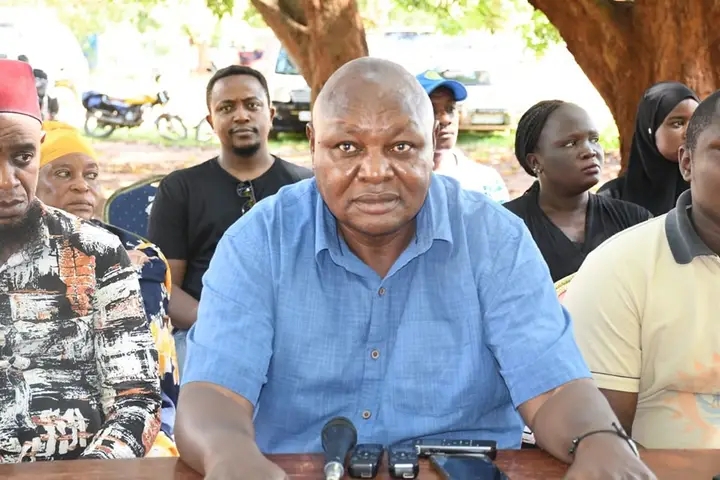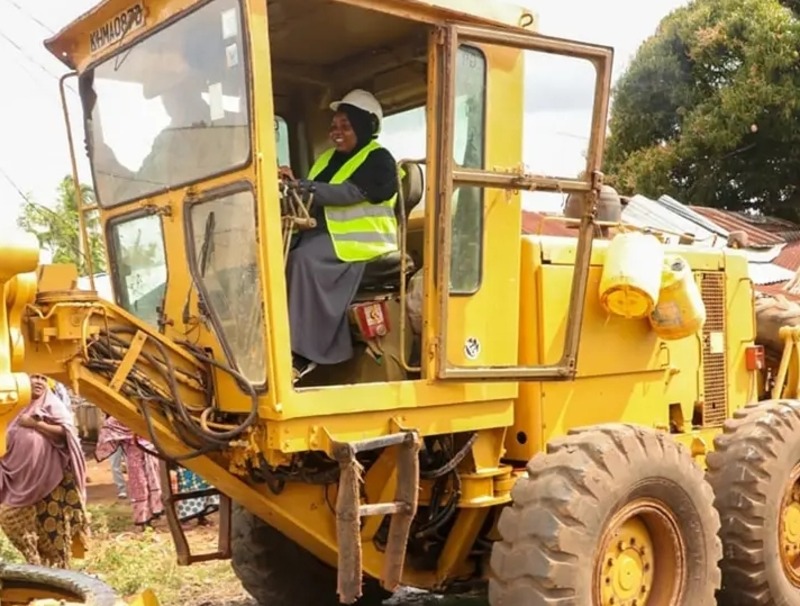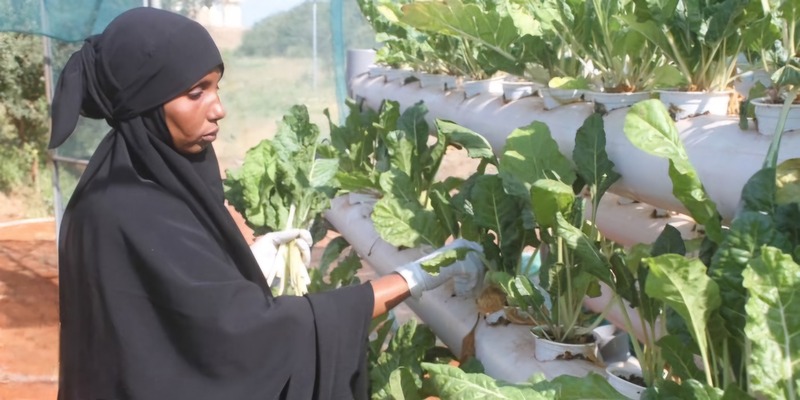New cassava processing plant transforms Kwale farmers' lives
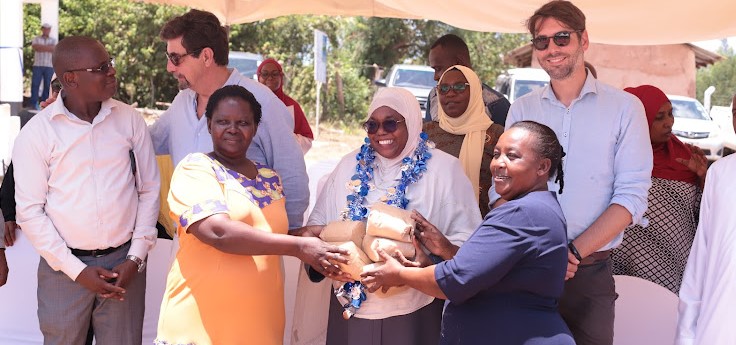
By Mishi Gongo |
Achani challenged farmers to grow cassava on a large scale to keep up with the plant's milling process and attract a larger market.
Kwale cassava farmers have a reason to smile following the commissioning of a small-scale processing plant that is turning their lives around.
Funded by the European Union through a programme known as Go Blue, carried out by the International Centre for Advanced Agronomic Studies, the plant processes up to one tonne of cassava flour per day.
Keep reading
- Garissa farmers decry low harvests due to lack of agricultural machinery
- Raw cassava risks: Why proper preparation is crucial for safety
- Kwale County shifts focus from construction of new health facilities to upgrading existing ones
- Kwale governor urges women to embrace religious studies for knowledge, empowerment
It can also peel, dry, and mill the root vegetable, offering the farmers various alternatives at the same time.
The aim of the project, which was commissioned at Magodi in Msambweni on Friday, April 5, 2024, is to boost cassava production and improve livelihoods through regenerative agriculture and modern farming techniques in the region.
Farmers who spoke to the Eastleigh Voice after the commissioning said that they were happy with the plant, which would ease their work.
Mohammed Mwabora said for years they have been processing cassava manually.
"We have not been getting enough profit for our products but with the plant, we hope to reap maximum benefits,” Mwabora stated, adding that the drying process was the most hectic period, especially during rainy seasons.
Another farmer, Judith Amboka, praised the project, saying that it will help transform their lives. Apart from maize, Amboka stated, farmers will also have cassava to fight hunger due to climate change.
"We are confident in producing food even during the heavy rains since the new species is not prone to diseases and a harsh climate," said a buoyant Amboka.
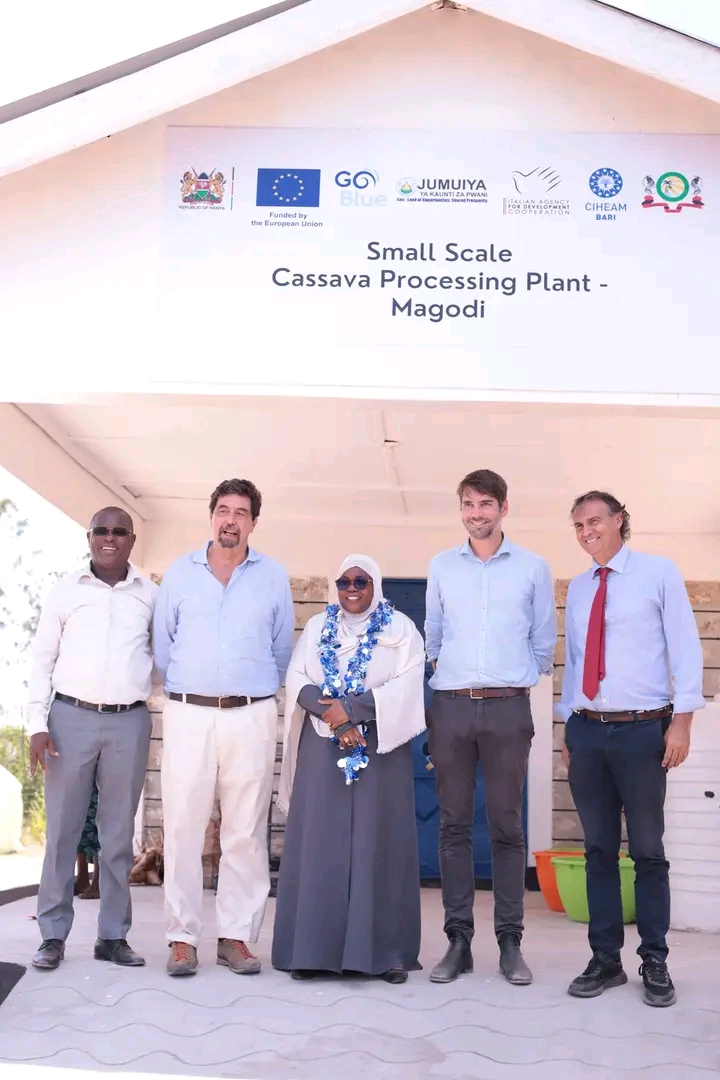 Kwale Governor Fatuma Achani and officials from the European Union during the commissioning of the cassava processing plant on Friday, April 5, 2024. (Photo: Mishi Gongo)
Kwale Governor Fatuma Achani and officials from the European Union during the commissioning of the cassava processing plant on Friday, April 5, 2024. (Photo: Mishi Gongo)
Cassava has long been a staple food in Kwale's rural communities, but due to climate change, poor farming methods, and the unavailability of ready markets, most farmers have shifted to maize cultivation.
According to Kwale Governor Fatuma Achani, the programme aims to empower farmers by providing scientific skills in cassava production, value addition, and a better market for the product to improve food security and income generation.
Achani added that farmers are set to be introduced to certified cassava seeds and improved breeds to boost production.
"The farmers will be supplied with the necessary farm inputs, including best-certified seeds and techniques to improve cassava farming," she promised and emphasised that her administration was determined to liberate farmers from losses and food insecurity by supporting smart agriculture
Certified seeds not only ensure the large-scale success of agricultural projects but also help to increase household income by allowing surplus produce to be sold in local and international markets.
A revolutionary plant
Similar to the beneficiaries, the governor said that the cassava processing plant provides a better platform for farmers to add value by taking raw cassava for basic processing, which includes peeling, cleaning, drying, and milling, for a higher price since they will have more bargaining power.
Farmers can turn the cassava final product into flour, which can be used for a variety of nutritional and economic purposes.
Achani challenged farmers to grow cassava on a large scale to keep up with the plant's milling process and attract a larger market. She further urged them to seize the opportunity to transform cassava farming from an orphan to a high-value crop for socio-economic development.
EU Representative Alexander Baron encouraged small-scale farmers to embrace cassava farming, emphasising its importance in supporting households and ensuring food security.
He said that cassava farming can help create employment opportunities as well as generate income and revenue to support the country's economic growth.
Baron described the Go Blue programme as a beacon of hope, illuminating the path to self-sufficiency, food security, and sustainable agricultural practices.
 EU Representative Alexander Baron addresses Kwale farmers during the commissioning of the cassava processing plant on Friday, April 5, 2024. (Photo: Mishi Gongo)
EU Representative Alexander Baron addresses Kwale farmers during the commissioning of the cassava processing plant on Friday, April 5, 2024. (Photo: Mishi Gongo)Reader comments
Follow Us and Stay Connected!
We'd love for you to join our community and stay updated with our latest stories and updates. Follow us on our social media channels and be part of the conversation!
Let's stay connected and keep the dialogue going!

